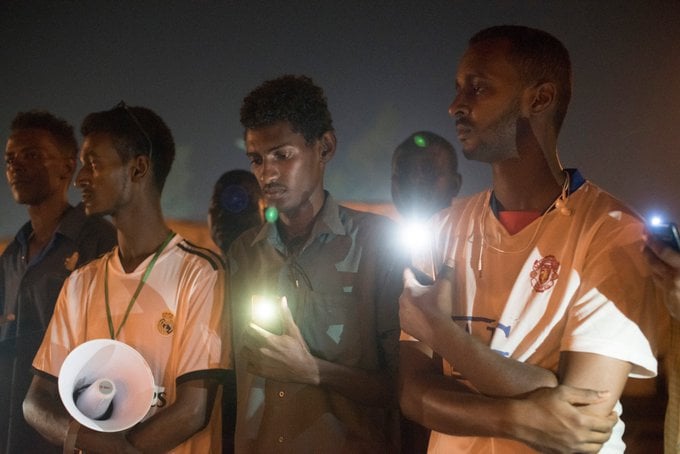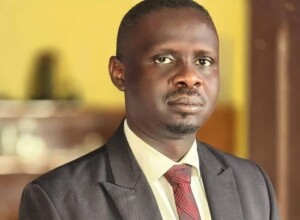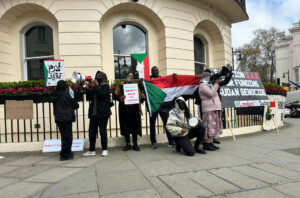Sudan judiciary transfers ‘cases of martyrs’ to ordinary courts

Vigil in August 2020 to remember Sudanese protestors who went missing following a violent crackdown in Khartoum on June 3 2019 (Social media)
KHARTOUM –
The cases concerning the killing of protesters during the December 2018 Revolution were transferred from the suspended Special Courts to ordinary criminal courts in Khartoum earlier this week. Lawyers regret the move and call for reform of the justice system.
A number of Special Courts for Martyrs’ Cases were created during the civilian-led government of PM Hamdallah Hamdok (2019-2021) to speed up the investigations and trials.
In December 2020, when relatives of killed demonstrators staged a vigil in front of the Judiciary in Khartoum, to demand the special courts to accelerate the remaining investigations, Supreme Court Judge Nemat Abdallah told them she herself had supervised the formation of the special courts’ constellation composed of the best judges in the country.
At the time, only three cases had been brought to court. The reason for the delay in trials was because the authorities did not cooperate in lifting the immunities of the accused, Abdallah explained.
In mid-December last year, the new head of the judiciary, appointed following the coup d’état of October 2021, cancelled the special courts.
Asked about the transferral of the martyrs’ cases to common criminal courts this week, lawyer Samir Sheikh Idris told Radio Dabanga that “These special courts however were established while the justice system was on the verge of collapse, and this was followed by the military coup. And we all know that the junta does not have the will to achieve justice for the martyrs”.
He attributed the delay in handling the cases of excessive violence against protesters during the Revolution to “failures in the reform process of the justice system” during the [2019-2021] transitional period.
“What is required now is a thorough reform of the judicial system and the existence of a real political will to achieve justice,” he explained. “If these conditions are met, ordinary courts are just as able to consider these cases.”
The lawyer said that some of the criminal courts already looked into a number of complaints and “were able to achieve justice for them within a reasonable time due to the ingenuity of the judges who handled them, as happened earlier this week with the case dealing with the killing of an intelligence officer and the accused protesters were acquitted”.
Lawyer Dafallah Ibrahim however regrets the abolition of the special courts. He told Radio Dabanga that the martyrs’ cases should be dealt with by special courts.
“Witnesses will have less protection when they are requested to testify in ordinary courts, but more important is the specificity of these crimes,” he said. “The reason for establishing special courts is that most of the accused are staff members of statutory bodies, so the cases cannot be be handled by an ordinary criminal court.”
Ibrahim further described the judiciary’s replacing judges in the court case against a number of protesters charged with killing a police brigadier in January last year as “a dangerous development”.











 and then
and then